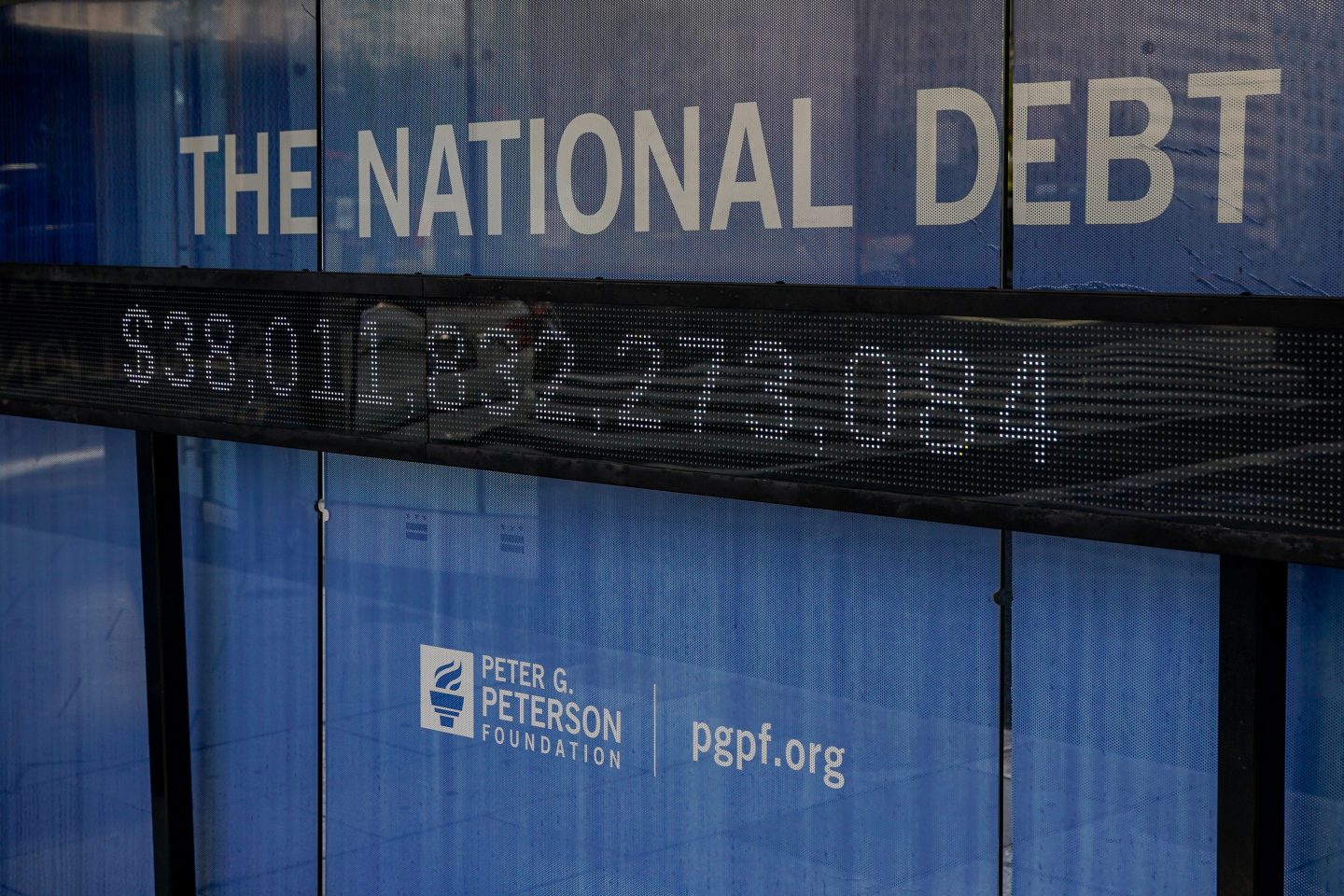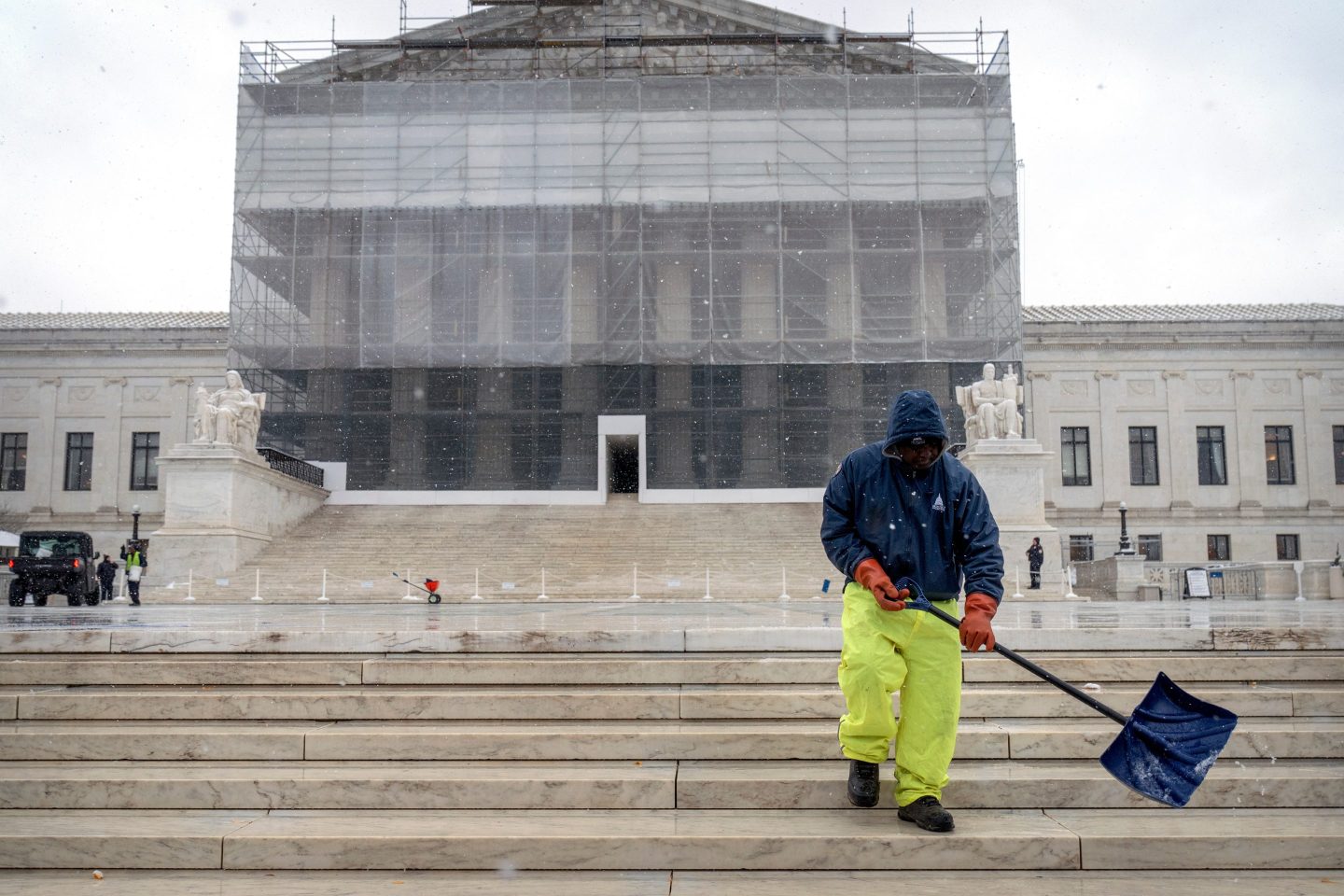A federal judge signed off on the Justice Department’s settlement of a trade-sanctions case with Barclays.
The judge, U.S. District Court Judge Emmet Sullivan (right), endorsed the agreement Wednesday, Reuters reported. The move comes a day after Sullivan questioned the toughness of the sanctions and called the pact a “sweetheart deal.”

The decision clears London-based Barclays to pay $298 million to settle a Justice Department criminal case alleging that Barclays facilitated business with countries banned from U.S. trade, including Cuba, Iran and Libya.
Under the agreement, Barclays accepted responsibility for its conduct and agreed to a deferred prosecution, which means that the bank could face indictment if it breaks the law again.
The government filed the charges Monday in Washington. The case contends Barclays violated the International Emergency Economic Powers Act and the Trading With The Enemy Act for more than a decade, ending in 2006.
The government said Barclays “knowingly and willingly” assisted transactions for sanctioned countries over that span. Under the settlement agreement, Barclays is to pay Justice and the Manhattan district attorney’s office each $149 million.
That’s not much for a bank that made $5.5 billion in profit last year, Sullivan suggested at a hearing Tuesday. He went on to ask at a hearing why the government wasn’t “getting rough with these banks,” the Wall Street Journal reported.
That prompted a government lawyer to tell Sullivan the funds being paid by Barclays are “well in excess” of the money it made processing payments from blacklisted countries.
Wednesday’s settlement comes as another high-profile legal case against a bank is facing its own challenges. A judge on Monday declined to approve the Securities and Exchange Commission’s agreement to settle a financial disclosure case against Citigroup for $75 million.
In that case, the SEC accused Citi and two former top execs with misleading investors in 2007 by failing to disclose in timely fashion the extent of the bank’s holdings of souring subprime-related securities.
The judge took issue with the agency’s failure to hold more than two executives accountable in a case that reached to the highest level of Citi’s executive suite. Also questionable was the size of the sanctions levied against the execs.
Under the original settlement, the two executives agreed to pay a total of $180,000 to settle charges against them. The higher-ranking of the two, former financial chief Gary Crittenden, made $20 million the year of the alleged violations and $12 million the next year. Talk about a sweetheart deal.











